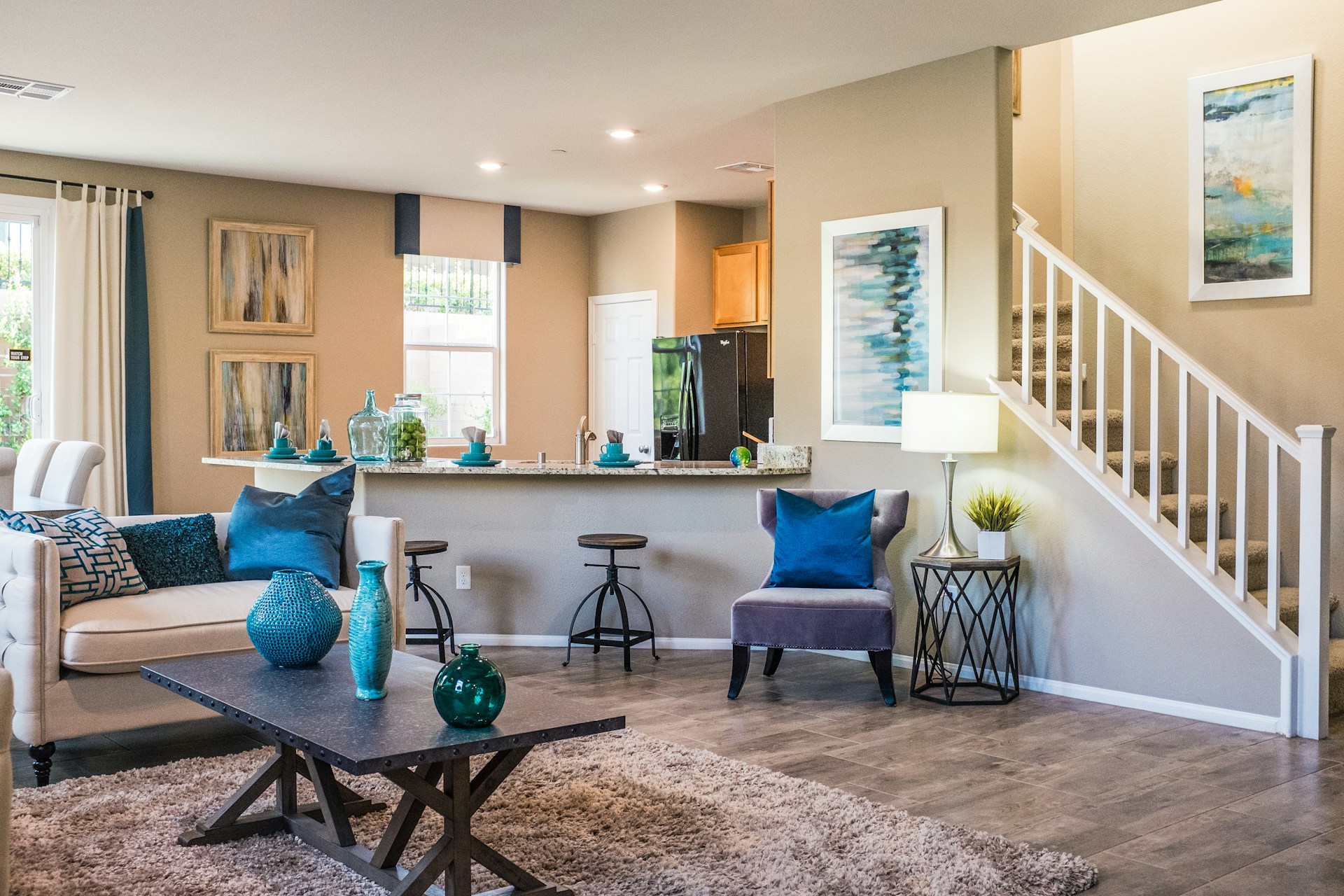What Are the Legal Considerations When Converting Commercial Space to Micro-apartments?

In the fast-paced, ever-evolving world of real estate, conversions of commercial spaces into micro-apartments have emerged as a viable solution to housing shortages in densely populated cities. However, before initiating any conversion project, understanding the legal aspects is crucial to ensure a smooth transition from commercial to residential.
Zoning Laws and Their Impact on Conversions
The first and foremost aspect to consider when planning the conversion of a commercial space into residential units like micro-apartments is the zoning laws of the city. These laws dictate how a given property can be used and provide a framework for the development of buildings and land in a city.
A voir aussi : How to Implement Biophilic Design Principles in Urban Residential Developments?
Zoning laws divide cities into different zones such as residential, commercial, industrial, and so forth. A building located in a commercial zone is supposed to be used for business purposes, while a residential zone is intended for housing. If you’re planning to convert a commercial space into housing units, you’ll need to apply for a zoning change or a variance.
Applying for a rezoning or a variance can be a complex process that involves public hearings and consultations with local planning authorities. You should be prepared to address any concerns raised by the city, neighboring properties, or community groups. It is also important to remember that these processes can be time-consuming and there is no guarantee of approval.
En parallèle : What Are the Ethical Considerations in Gentrifying Neighborhoods for Property Development?
Building Codes and Safety Regulations
Once you’ve navigated the zoning hurdles, the next legal consideration is adhering to building codes and safety regulations. These codes are in place to ensure the safety, health, and wellbeing of the residents.
Building codes vary from city to city. However, they generally cover aspects like minimum square footage, accessibility, fire safety, ventilation, and natural light. You will have to ensure that the design of your micro-apartments meets these requirements.
For example, in some cities, there might be a stipulation that each unit should have at least one window. Additionally, stairways, elevators, and other shared spaces might have to meet specific width and accessibility requirements. Failure to comply with these codes can lead to substantial fines, delays, or even project termination.
The Role of Property Rights in Conversion Projects
Property rights, which govern who can use a piece of real estate and how, are also a crucial legal aspect to consider in any conversion project. This includes the right to use, sell, lease, enter, and give away the property.
When a commercial space is converted into residential units, the property rights associated with the building will change. For instance, the owner of the building must consider the rights of the future residents. This includes providing a safe and habitable living environment and addressing any issues that might arise promptly.
In a conversion project, the property owner also has to deal with other entities like the city government, neighboring properties, and homeowner associations. They might have to obtain various permissions and permits, pay fees, and follow certain restrictions.
Dealing with Existing Tenants and Lease Agreements
If you’re looking to convert an occupied commercial space into housing units, you will have to deal with existing tenants and their leases. The laws around tenant eviction for conversion projects differ from city to city, and you will have to navigate them carefully to avoid legal repercussions.
In some cases, you might have to offer relocation assistance or give a certain notice period before eviction. Some cities might also require proof that the property will be used for housing after the eviction. Moreover, any ongoing leases with commercial tenants could affect the timeline of your conversion project.
It’s also worth considering that if your building has been used for a specific commercial purpose, such as a restaurant or a garage, it might require more extensive work to make it suitable for residential use.
Financial and Tax Implications
Lastly, converting commercial space into residential units also has financial and tax implications. For instance, the value of a property can significantly change after a conversion. This could affect the amount of property tax that you would have to pay.
Moreover, conversion projects often require substantial upfront investment. Before undertaking such a project, you should conduct a thorough financial analysis to ensure the venture will be profitable. You should also consider potential tax incentives and grants available for creating housing in your city.
In essence, while the conversion of commercial properties to micro-apartments can be a lucrative venture and a solution to housing shortages in cities, it is essential to understand the legal considerations. These include zoning laws, building codes, property rights, dealing with existing tenants, and understanding the financial implications. It is advised to work with a knowledgeable real estate attorney to navigate these complexities.
Legal Challenges and Disputes in Commercial to Residential Conversions
Venturing into a conversion project can sometimes come with its share of legal disputes and challenges. Generally, these disputes arise due to opposition from local communities, legal compliance issues, and disagreements with planning authorities.
Local opposition can be a substantial hurdle, particularly in areas where there is a strong sense of community. Residents might object to the increase in population density that micro-apartments bring, leading to more competition for parking, noise, and strain on local resources. It’s always beneficial to involve the local community in the early stages of the project to address their concerns.
Legal compliance issues generally arise when there is a lack of clarity or misunderstanding about the local laws and regulations. This is where understanding zoning laws, building codes, and property rights become crucial. When navigating these issues, the support of a knowledgeable real estate attorney can be invaluable.
Lastly, disagreements with planning authorities can also pose significant challenges. These authorities might have different visions for urban development, and your project might not align with them. This could lead to delays or even refusal of permits. Therefore, having a clear and well-structured project plan can help in negotiating with these authorities.
Adaptive Reuse and Sustainability in Conversions
Adaptive reuse refers to the process of repurposing buildings — often abandoned or underused commercial properties — for different uses than originally intended. This strategy is effective in extending a building’s functional life, thus promoting sustainability in real estate development.
Commercial-to-residential conversions, particularly into micro-apartments, are an excellent example of adaptive reuse. By converting underused commercial spaces into residential units, cities can meet their housing requirements without further straining their resources or expanding their borders. It’s a win-win for both developers and cities.
In cities like San Francisco, adaptive reuse projects are encouraged by city councils and property management companies due to their potential to provide affordable housing. The city even offers special grants and incentives for such projects. However, these projects must still comply with all relevant laws and regulations to ensure the safety and wellbeing of future residents.
Conclusion
The conversion of commercial spaces into micro-apartments is indeed a viable solution to housing shortages in densely populated cities. However, these projects require careful navigation through a complex maze of legal considerations including zoning laws, building codes, property rights, dealing with existing tenants, and understanding the financial implications.
Dealing with legal challenges and disputes can be taxing but with the right approach, these hurdles can be managed. On the brighter side, these conversions represent a sustainable approach to urban development, aligning with the principles of adaptive reuse.
Investors and developers venturing into commercial-to-residential conversions should be thoroughly prepared, conduct due diligence and seek the counsel of experienced real estate attorneys to ensure successful and profitable projects. The benefits of providing affordable housing, breathing new life into underused buildings, and contributing to urban sustainability make these challenges worth confronting.
